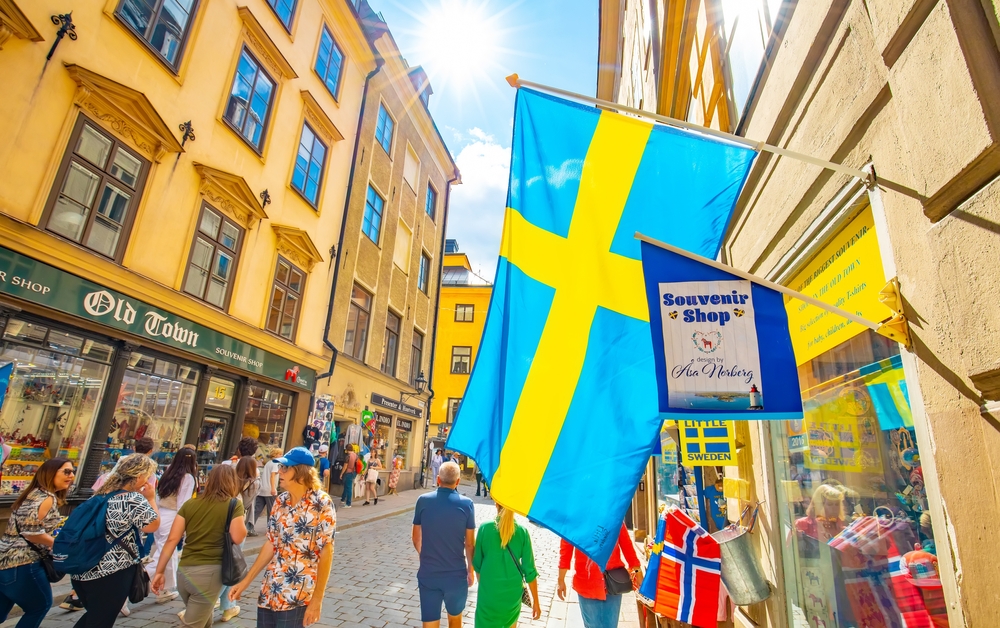Sweden is shifting its approach as the nation faces challenges with integration.
Others are reading now
The Swedish government is considering a substantial increase in its repatriation grant for migrants, proposing up to 350,000 Swedish kronor (around $30,000) by 2026.
Only Second Day in Office
This policy targets migrants who are unable or unwilling to integrate into Swedish society, offering them a financial incentive to return to their home countries.
Sweden, historically known for its generous refugee policies, is shifting its approach as the nation faces challenges with integration, according to Digi24.
Johan Forssell, Sweden’s new Minister of Migration, announced this proposal during his second day in office. Forssell emphasized that the goal is to encourage voluntary repatriation for those migrants who “do not feel at home in Sweden” and who struggle with integration.
Also read
Pushing Stricter Immigration Controls
Currently, the repatriation allowance is significantly lower, providing only 10,000 Swedish kronor (about $900) for adults, 5,000 Swedish kronor (about $450) for children, and 40,000 Swedish kronor (about $3,600) for families.
The proposal has sparked debate, with some questioning its effectiveness. A government-commissioned report published in August advised against such a substantial increase, citing concerns about the cost-effectiveness of the policy.
However, the government is moving forward, aligning with the far-right Sweden Democrats, who have pushed for stricter immigration controls.
Sweden has seen large waves of immigration since the 1990s, from countries like Syria, Afghanistan, and Somalia. In 2024, the number of people leaving Sweden is expected to exceed those arriving for the first time in over 50 years, reflecting the changing migration dynamics in the country.


